Meet Your Creator: Michael Sweater Of 'Please Keep Warm'
by Caleb GoellnerMichael Sweater's Please Keep Warm depicts the life of four young housemates working to find their creative voices amid all of the highs and lows modern life has to offer. Art isn't easy. Genuinely putting a piece of yourself into anything from a zine to a Pitchfork-favorite black metal album can take its toll whether you're an anthropomorphic cartoon bunny or a human who draws anthropomorphic cartoon bunnies. That's what we learned when we got in touch with Sweater, who created an extensive collection of PKR strips in advance of his GoComics launch while juggling multiple other freelance jobs, a tattooing enterprise and the creation of several longform comic works. We also learned about his taste in anime and manga. We had to know.
Read on to learn more about Sweater's Please Keep Warm and wider-cartooning endeavors.
GoComics: Please Keep Warm is kind of undergoing a reboot or an otherwise fresh start online. What led you to that decision and what's coming up for the series?
Michael Sweater: I wanted to have a webcomic, but I also have a few larger projects I want to work on so I decided to pause the comic and draw a year's worth of it ahead of time to be able to focus on larger stories without having to stop and work on Please Keep Warm once or twice a week. I am still jotting down ideas for the next batch of strips, but I want to use the time away from it to give some real thought to where the comic should go after what I have.
In hindsight, it was kind of stupid to not just upload things from when I started working, but I am really bad at doing two things at once and if I go online to post something during the day there is a good chance I can get sucked into the internet for half an hour.
GC: You're a big manga and anime fan. What are you into at the moment and what are some deep cuts you'd recommend to fans of your own work?
MS: I am a big manga and anime fan, but my knowledge of them really comes down to what my friends have given me or what I have stumbled across. I am not really interested in any manga just because they are from Japan and don't think I have ever searched for manga specifically.
I don't know how deep cuts these are, but my roommates and I have been really enjoying My Hero Academia and my partner and I have a collection of issues of an older magazine called Garo from before the '80s that is lightyears ahead of what we are doing with comics today, both here and in Japan. If you are a cartoonist and you can stand a comic that portrays relationships in a kind of stupid way I would definitely read Bakuman.
GC: On that note, you have a Naruto podcast. What've you thought of the Boruto stuff so far?
MS: I know my girlfriend Benji Nate is either excited about it, or has seen something and liked it? I do the podcast Ninja Pals! with her and it is kind of a way for her to slowly expose me to Naruto. I have seen a few episodes now. I don't hate it.
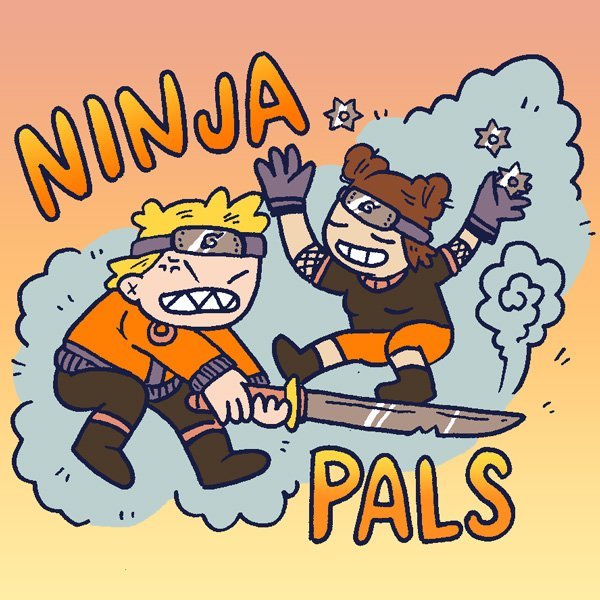
GC: What in media (comics, music, games, etc.) has you fired up and inspired to create these days?
MS: I keep trying to take the time to play games or read new comics, but I just can't get myself to invest the time into it. I read almost everything my friends make, and that has kept me more excited than most other things anyways. Ben Passmore, Rachel Dukes, Benji Nate, Cole Closser, Dyemond O'Bryan, and Mister Hayden are some of my favorites. Also Julia Kaye, Nicole Goux, and Dave Baker. Also, Andrew Greenstone. Also Nathan Hurst if he would make more comics already.
GC: You're pretty open online about the struggles you face with depression. What kind of impact do you think this has had on your art and the kind of stories you tell, if any?
MS: I think it makes me a little more hesitant to try and cover depression on purpose or as a focus, and I definitely try to make a point of showing why my depressed characters may be perceiving their situation incorrectly. I think stories and media affect people more than [creators] might believe or want to admit and I think a lot of work that glorifies depression or nihilism is borderline immoral. Especially when it is done in a way that may be an aesthetic choice instead of just writing a good story or comic.
GC: Another thing you're open about online is your struggle with distraction -- specifically with the internet and smartphones. How have you been dealing with it as you work on the latest PKW comics?
MS: I feel like more of my life is centered around keeping myself in my seat then I actually spend drawing. I love checking Instagram and Facebook so much that I have a program on my phone and computer that won't let me do anything during work hours unless my partner puts in a passcode and I still manage to kill about three hours a day on nothing! Keeping myself at the drawing desk is a full-time job in itself. Also medication.
GC: You've sung the praises of SAW, the Sequential Artists Workshop (not the torture-porn movies). What made that a valuable experience for you?
MS: I did not get to attend a full year because of depression problems, but I am planning on attending again since I feel like I still have a lot to learn and the time I spent there was eye-opening. Tom Hart and Justine Andersen are two of the best instructors that you could ask for, and the price of admission is actually moral. I have a very mixed opinion on most art schools, but no matter what my opinion is there isn't a single institution besides SAW that is affordable without a large amount of cash or a skull-crushing amount of student debt.
10,000 dollars a year tuition for an arts education is not acceptable and some schools are more than 20,000 bucks and the average student coming out of the programs can barely draw? That is reckless and shameful.
GC: Your comics have roots in punk and black metal and you regularly reference bands. Where does the punk tradition fit into your work ethic and how you view your creative career?
MS: I was trying to play music for a long time before I even considered drawing comics and I think most of the ways I think about how to navigate my work and how to deal or not deal with publishing companies come from my time spent in "punk" bands. I don't know how it influences my work, but it definitely helped make me feel good and okay about making work I think is important and honest even if that means most people might not have a taste for it.
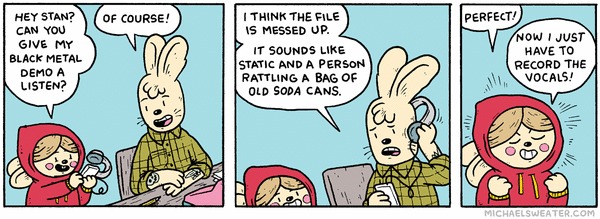
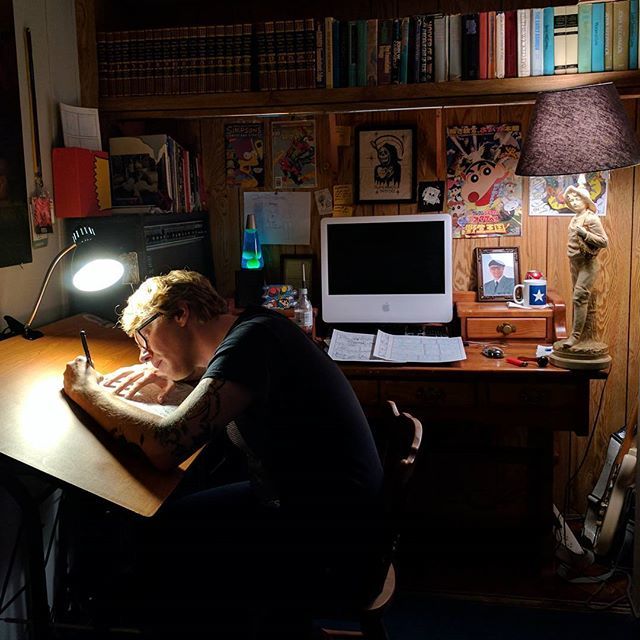


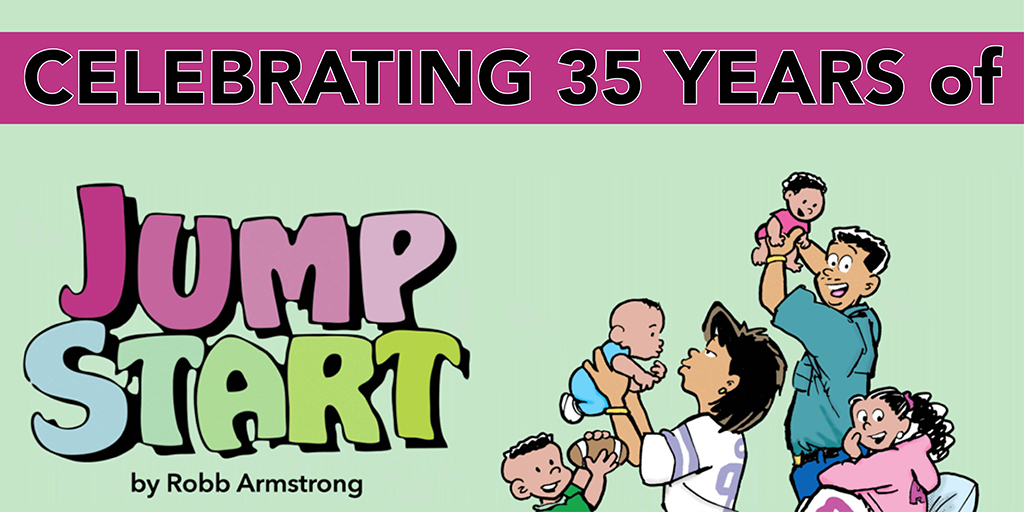
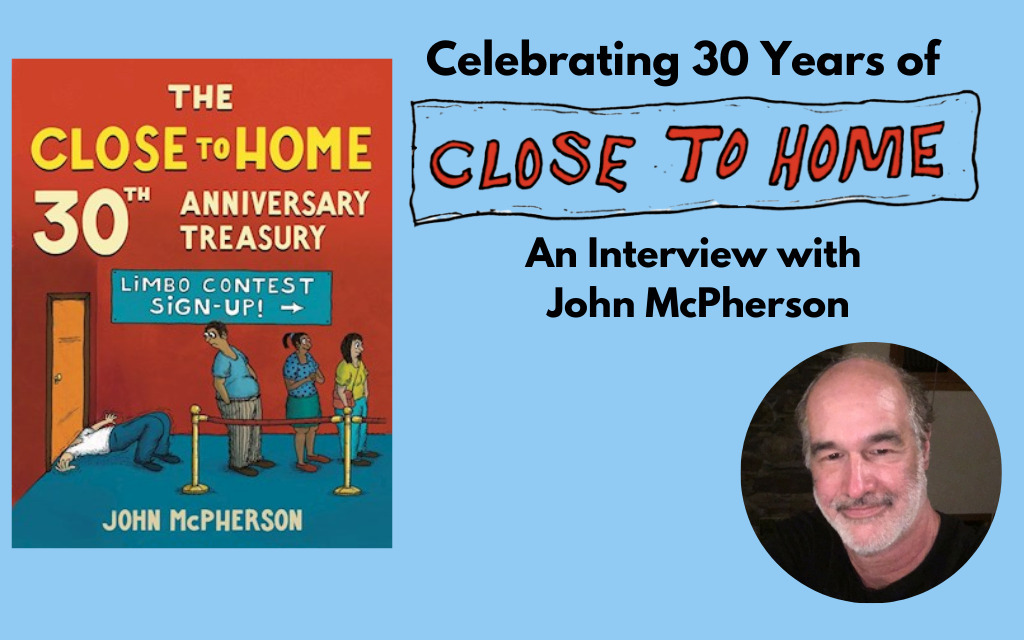
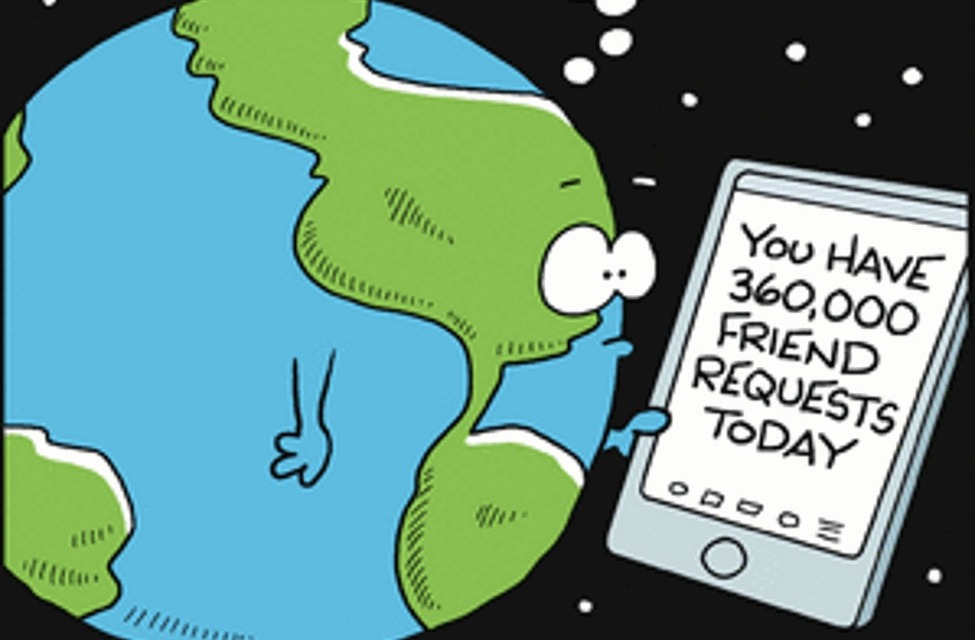
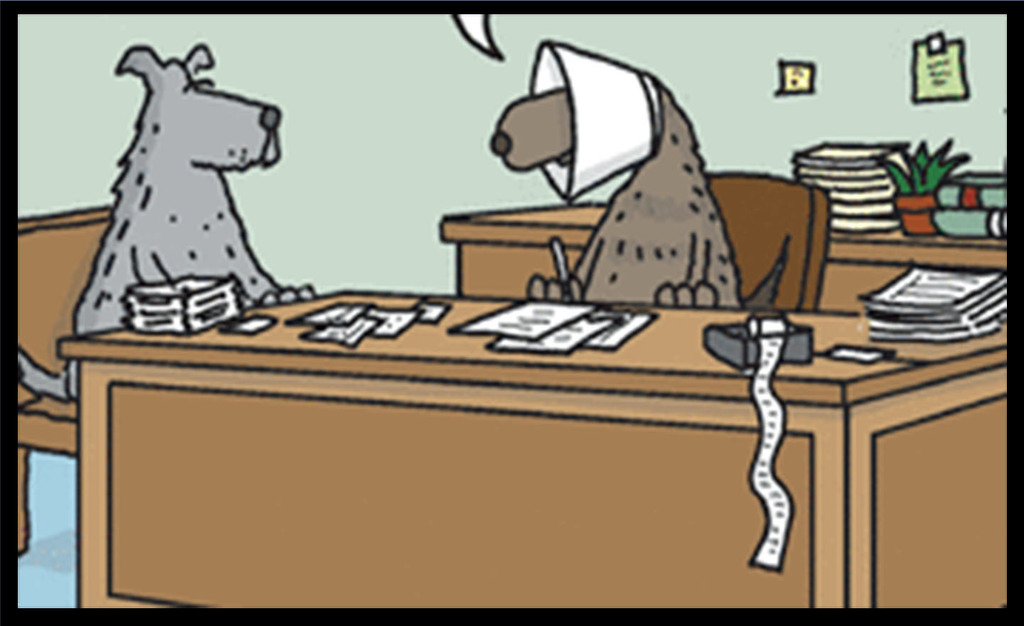
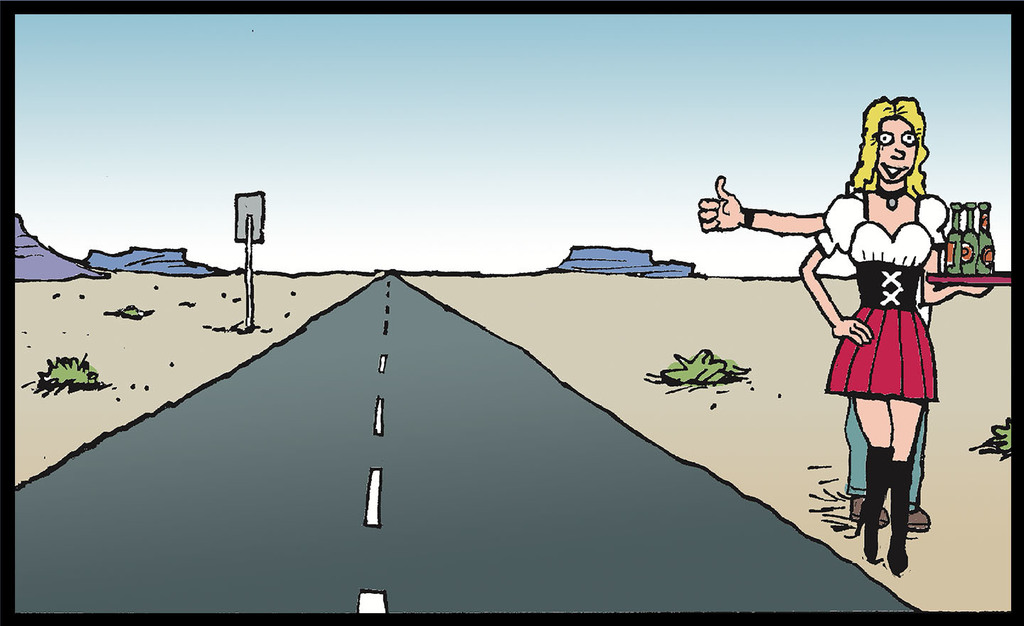
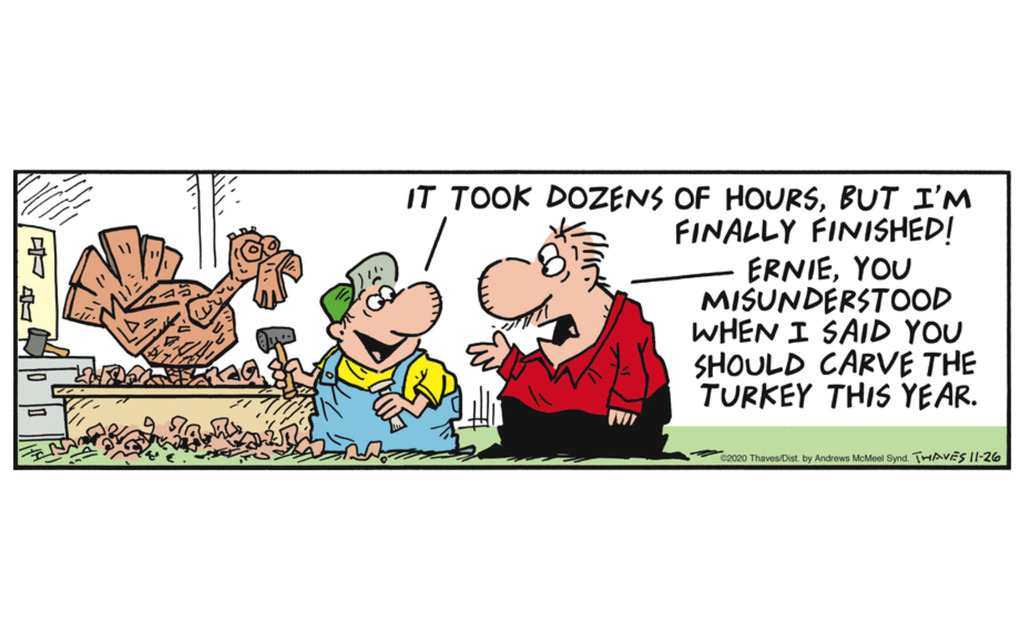
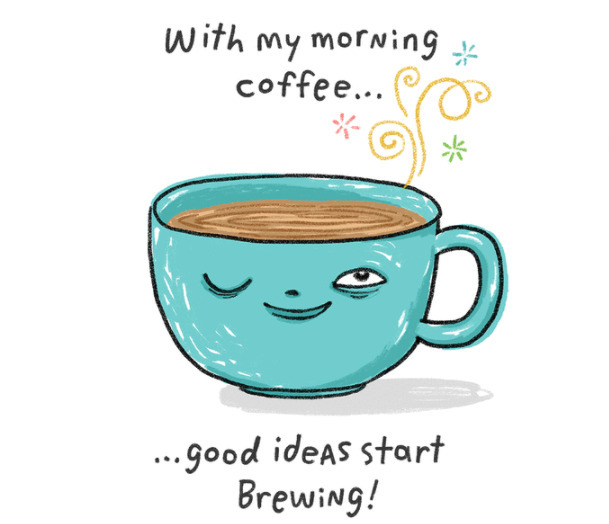
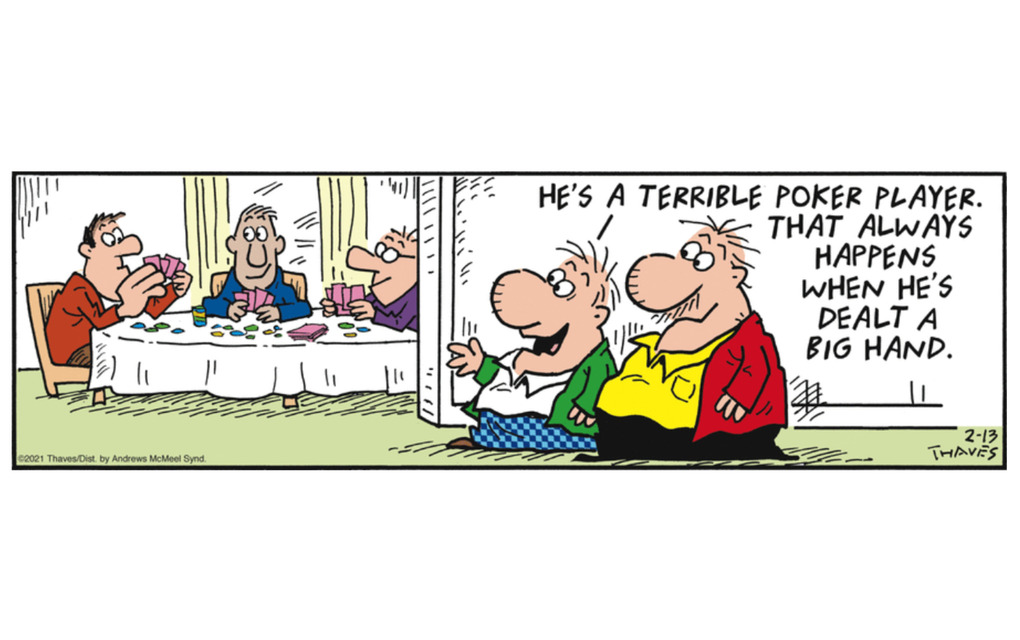
Comments
Featured Comment
Comment Policy
Sign in to comment